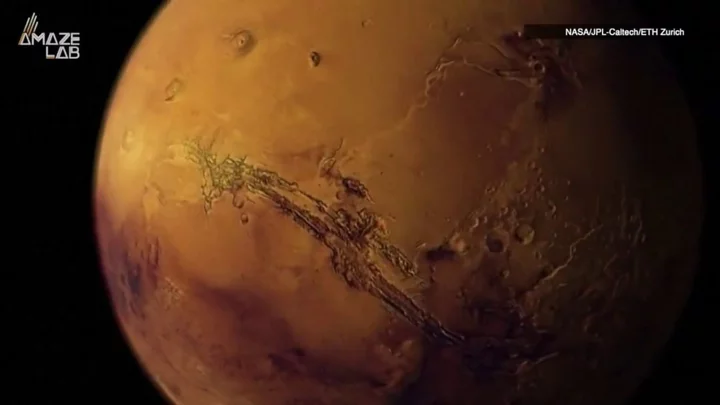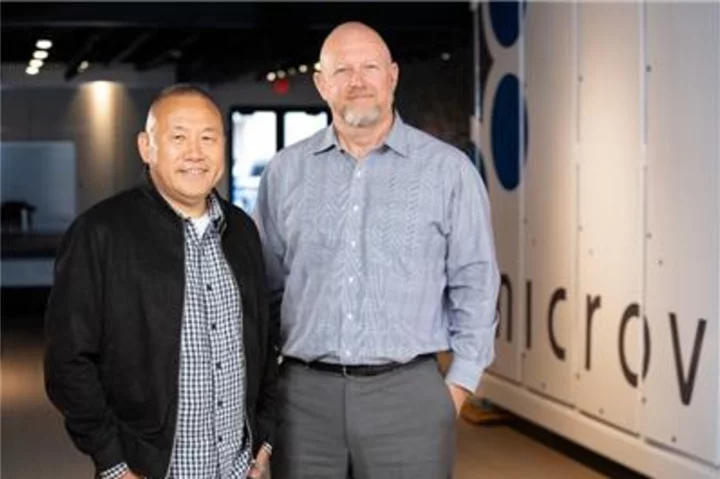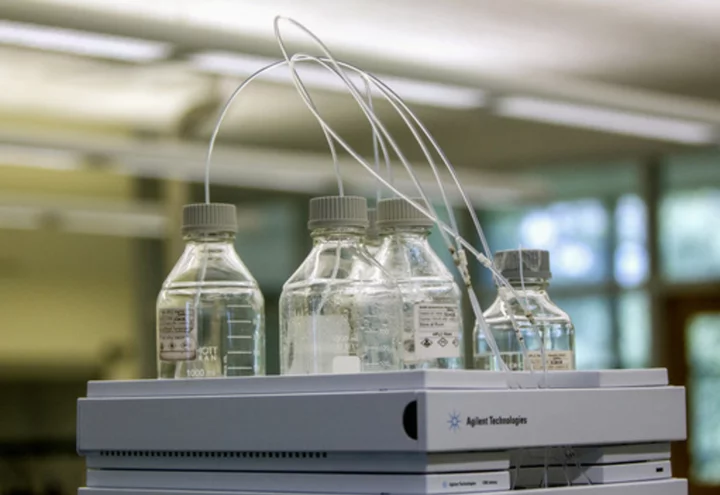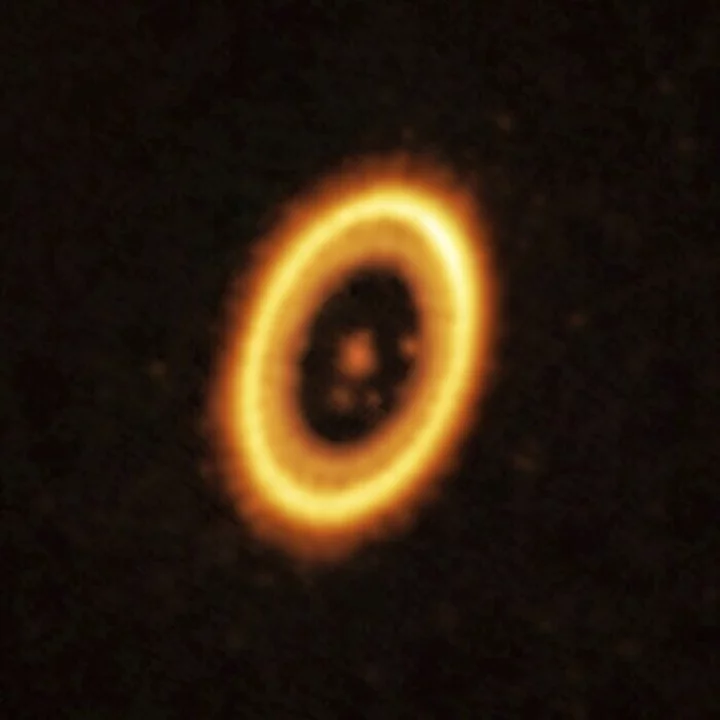The key to understanding survival on Mars could all revolve around Britain’s deepest mine in North Yorkshire.
It sounds surreal, but scientists are testing conditions a kilometre under the surface in a disused salt mine in order to plan and test out conditions on the Red Planet.
Research is being undertaken by figures at the University of Birmingham, who have launched the new Bio-SPHERE project.
The study is seeing a 3,000-metre tunnel network turned into a laboratory, with participants recreating conditions that humans would experience on the surface of the planet.
Sign up to our free Indy100 weekly newsletter
Scientists are focusing their efforts in the Boulby salt mine which is north of the Yorkshire Wolds. A three-metre wide simulation module was the first research space to open there.
The location has been chosen due to the ultra-low levels of radiation, with the tunnels used to gauge just how effective underground spaces are for blocking radiation.
Lead researcher Dr Alexandra Iordachescu, in the University of Birmingham’s School of Chemical Engineering, said: “This new capability will help to gather information that can advise on life support systems, devices and biomaterials which could be used in medical emergencies in deep space.
“The data is likely to bring numerous benefits for Earth-based applications as well, such as delivering biomedical interventions in remote areas or in hazardous environments.”
NASA is developing a way to send humans to Mars in the 2030's - and a recent study has suggested women would be the best astronauts for this exploration.
Researchers from the European Space Agency (ESA) found women use less oxygen, produce less carbon dioxide and require less food in comparison to males.
A mission lasting 1,080 days with four women astronauts was simulated by researchers who found they needed 3.736 pounds less food, and saving more than $158 million in the process.
Have your say in our news democracy. Click the upvote icon at the top of the page to help raise this article through the indy100 rankings.









